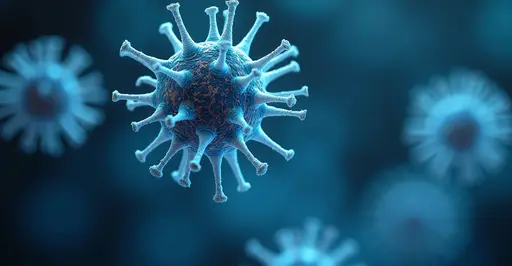
Revolutionary Gene Editing Approach Shows Promise for Obesity Treatment
Scientists have achieved a significant breakthrough in the fight against obesity using advanced gene editing technology. A new study demonstrates that targeted genetic modifications can effectively address obesity-related genes in mice, opening up potential pathways for future human treatments.
How the Gene Editing Works
The research team utilized CRISPR-Cas9 technology, a revolutionary gene editing tool that acts like molecular scissors to precisely cut and modify DNA sequences. By targeting specific obesity-associated genes, particularly the FTO (fat mass and obesity-associated) gene, researchers were able to make precise modifications that affected metabolic processes and weight regulation.
The FTO gene has long been recognized as a major contributor to obesity risk. People with certain variants of this gene tend to weigh more and have higher obesity rates. The new approach directly addresses these genetic factors at their source.
Study Methodology and Results
In the laboratory study, researchers designed guide RNA molecules that specifically targeted obesity-related genetic sequences in mice. The CRISPR system was delivered using viral vectors, allowing the genetic modifications to reach the appropriate cells and tissues involved in metabolism and weight regulation.
The results were striking: mice that received the gene editing treatment showed significant improvements in metabolic health markers, reduced body fat percentage, and better weight management compared to control groups. The effects were observed without significant side effects, suggesting the approach is both effective and safe in animal models.
Potential for Human Applications
While the research is still in early stages, the implications for human obesity treatment are profound. Obesity affects over 650 million adults worldwide and is associated with numerous health complications including diabetes, heart disease, and certain cancers.
Dr. Emily Chen, a genetic researcher not involved in the study, commented: "This represents a paradigm shift in how we approach obesity treatment. Instead of focusing solely on lifestyle modifications or pharmaceutical interventions, we're now looking at addressing the fundamental genetic factors that contribute to weight regulation."
Ethical Considerations and Future Steps
The research team emphasizes that human applications are still years away and will require extensive safety testing and ethical review. Gene editing in humans raises important questions about consent, accessibility, and the potential for unintended consequences.
Future research will focus on optimizing delivery methods, ensuring long-term safety, and conducting larger animal studies before considering human trials. The team is also exploring whether similar approaches could be applied to other metabolic disorders.
This breakthrough adds to the growing body of evidence that gene editing technologies like CRISPR could revolutionize treatment for genetic conditions that have previously been difficult to address with conventional medicine.

 Nederlands
Nederlands English
English Français
Français Deutsch
Deutsch Español
Español Português
Português








